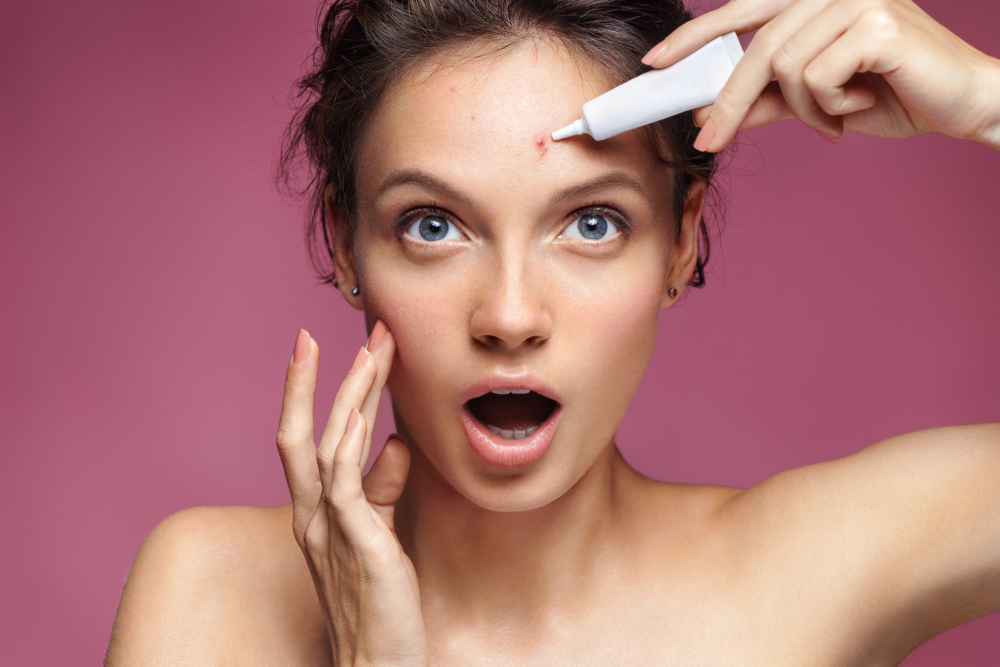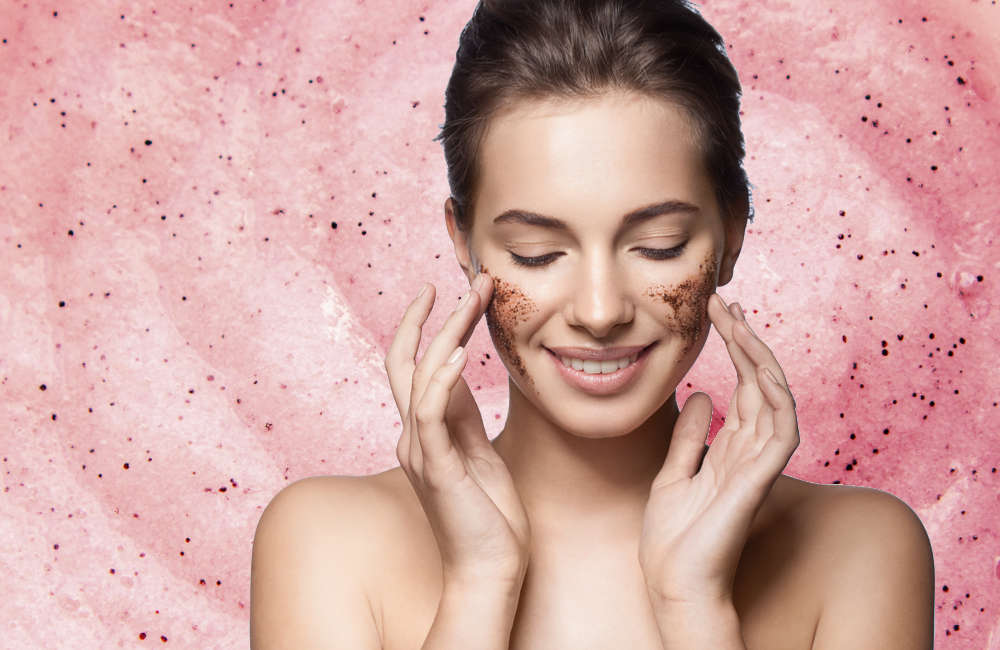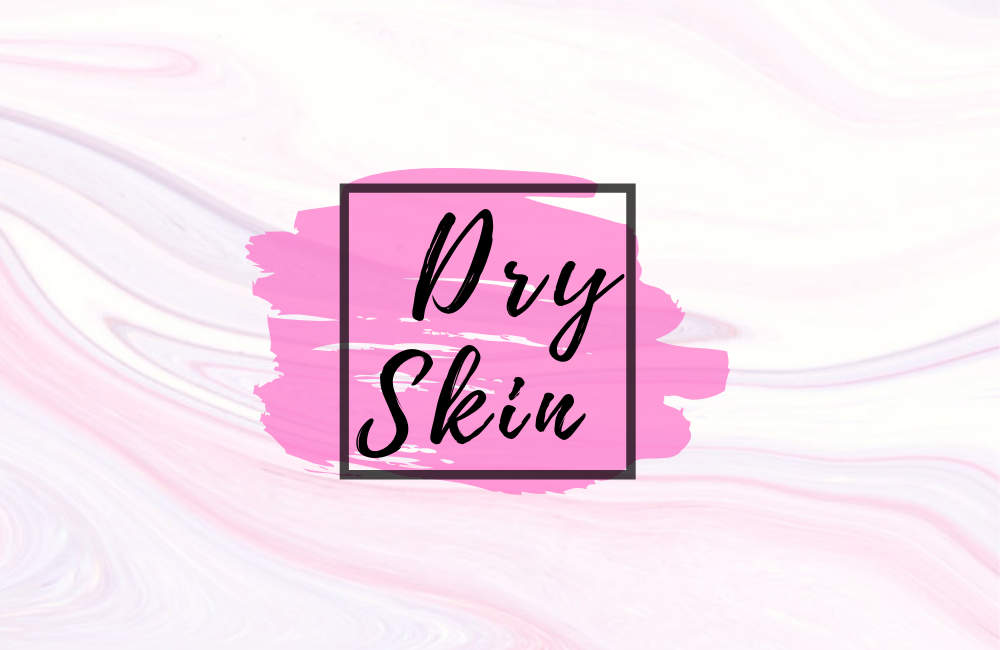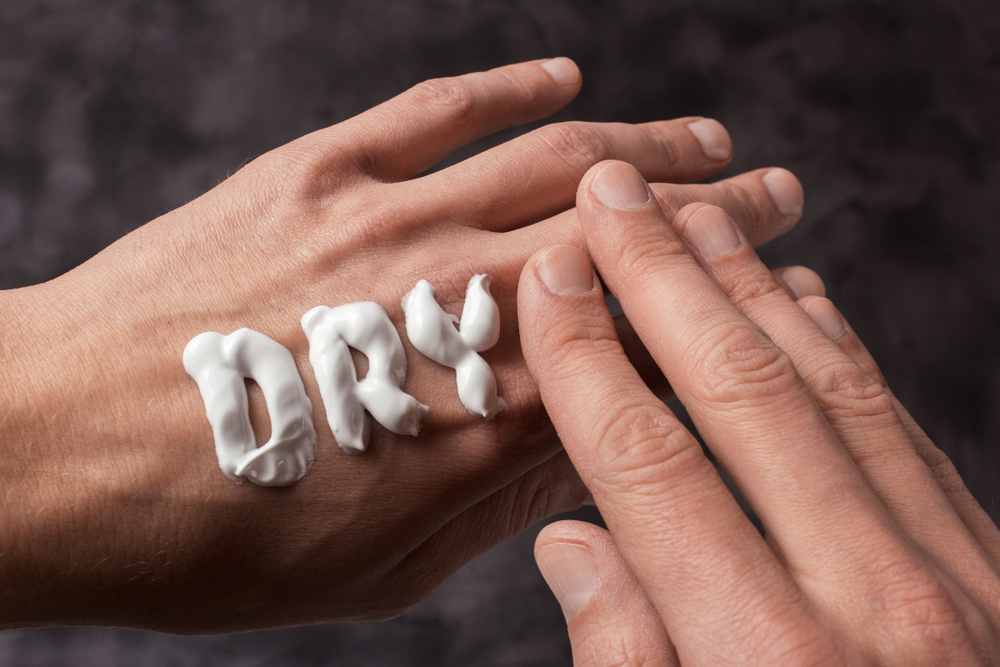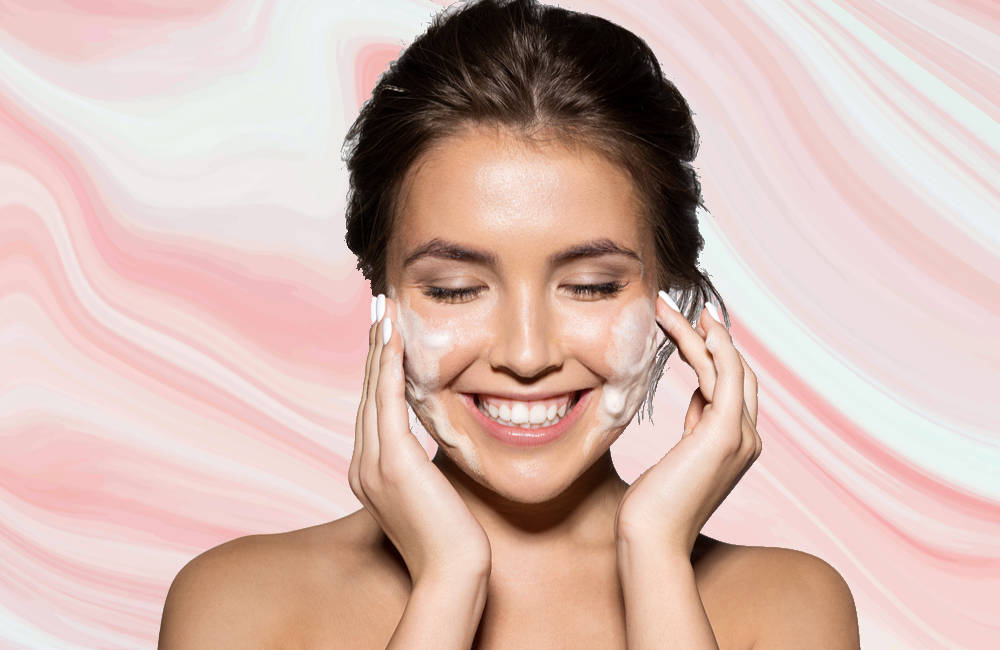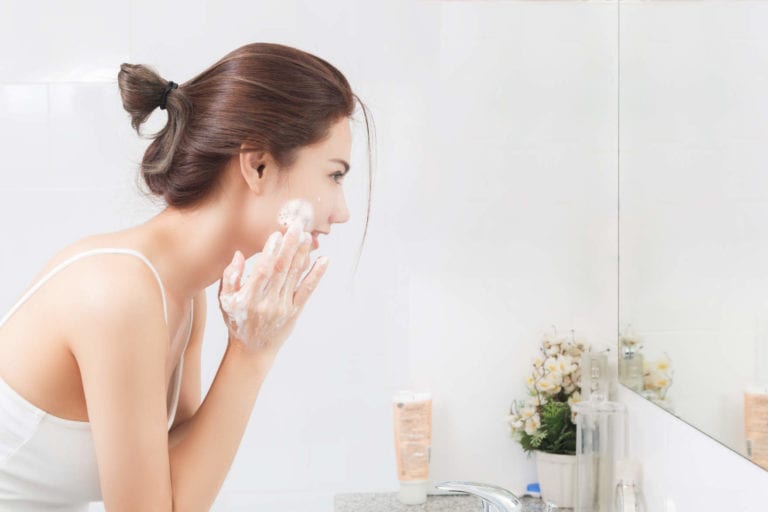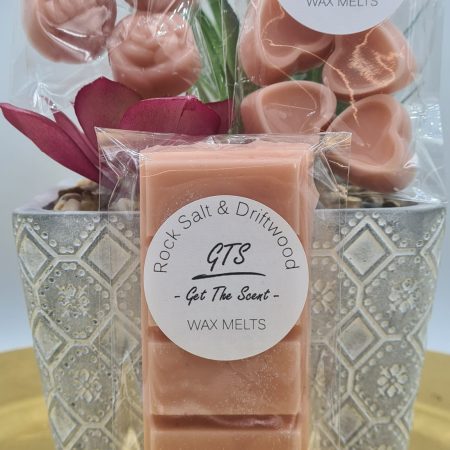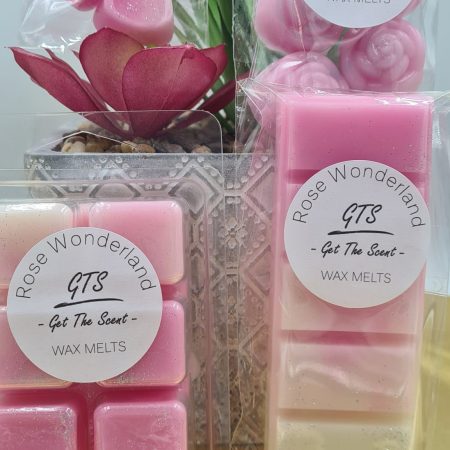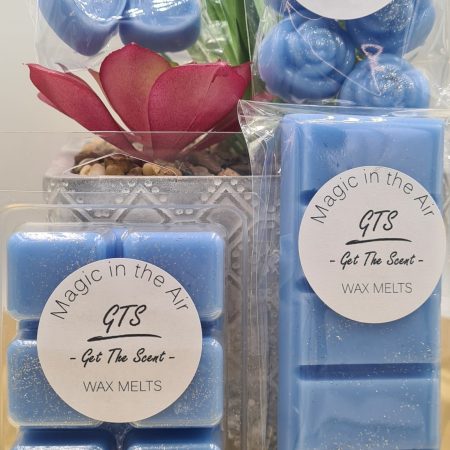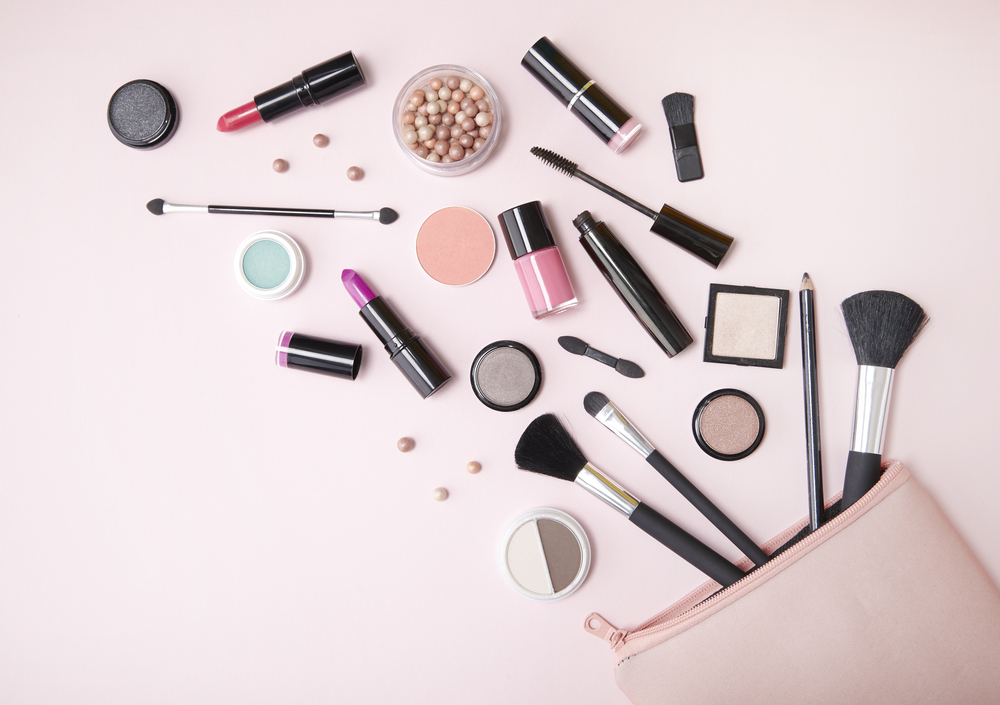
It is easily just to slather on beauty products without thinking the amount you should be using. If you layer up the moisturiser but your skin still feels dry, the problem will be with the amount you are putting on your skin.
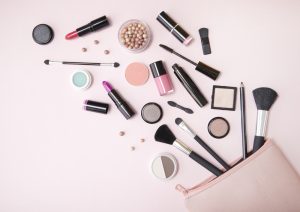
When it comes to our skin and hair routines, the amount of a product you use actually does matter. Too much can lead to wasting a product and too little can make problems.
The amount of product you should be using can vary depending on consistencies, textures and thickness across all formulas – it is not a one rule fits all mentality.
Here are the amounts you should be using for beauty products…
Shampoo and conditioner
For shampoo you should roughly use the size of a 10p. You should always emulsify the shampoo in your hands before applying it to your hair, you should concentrate only on the roots.
For conditioner it all depends on how much hair you have. You should start with the 10p amount and focus on mid lengths to the ends of your hair. You may need to apply more product if you have long or thick hair.
Cleanser
Cleanser has less to do with the amount you are using and more to do with how often you are cleansing. It is recommended that you use a 20p sized blop for cleansing, this is enough to massage around the face and is easy to remove with a warm flannel. It is recommended that you cleanse twice in the evenings.
Eye cream
The skin around your eyes is thin and delicate therefore you need to use a small amount, like a grain of rice amount for each eye. Using too much can cause puffiness and block pores.
Serum and moisturiser
For moisturisers and serums the thickness have a role in how much to use. For serum you should use a 20p sized amount and then after you should apply a green pea size amount of moisturiser. The moisturiser should be applied to the face and neck.
SPF
The amount of SPF you use is important, for the face neck and chest area you need about a teaspoon amount. When it comes to your legs it should be a tablespoon/dessert spoon amount. You should apply SPF every two hours after application to get full protection.
Body wash and lotion
For body wash and shower gels you should be using about a 50p sized amount for each place. (50p for arms, 50p for legs etc). For body lotion use the same 50p amount for arms and hands but for the rest of the body use a size of an orange segment for each area.




